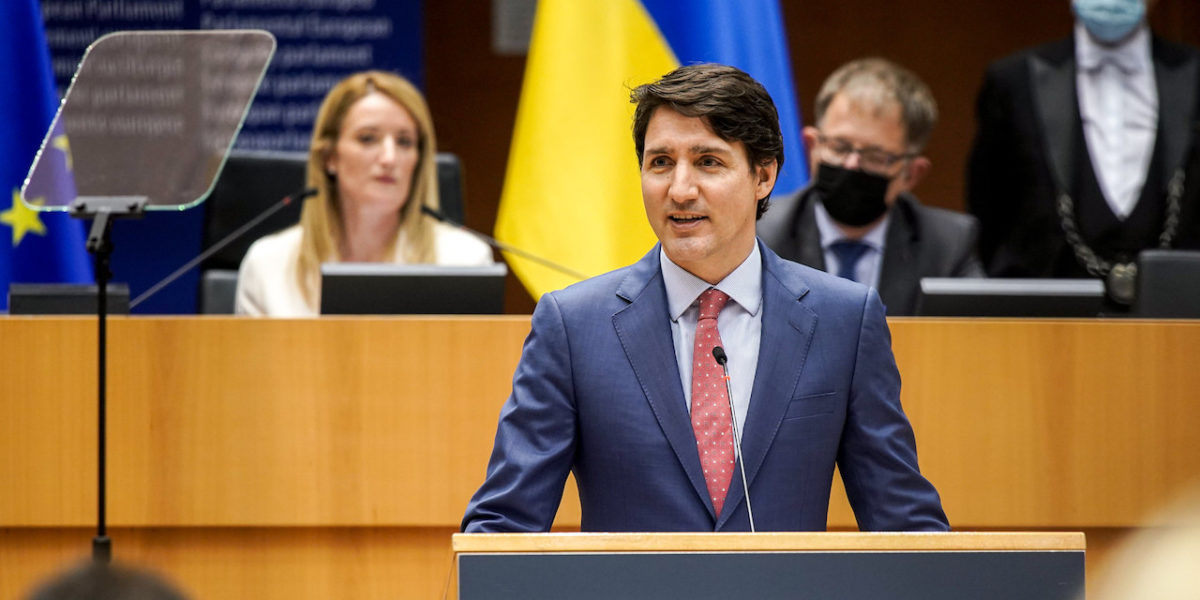In March, the news that China brokered a reconciliation between Iran and Saudi Arabia shocked the Western world.
The diplomatic efforts of other states made the deal possible, but China’s role and prestige carried it across the finish line.
Because of the Iran-Saudi rapprochement, the devastating Yemeni war looks like it may be ending. Bahrain and Qatar are discussing restoring relations. China has even offered to mediate between Israel and Palestine. While it is too early to say where these developments will lead, they are encouraging signs.
China gets more than half of its oil from the Middle East. The region is a major consumer of Chinese technology and expertise in infrastructure development and renewable energy. It is not surprising that China wants peace in that region. The country’s good relations with all Middle Eastern states allow it to be a genuine and honest broker in a way the United States cannot.
In contrast, the United States has been a destructive influence in the Middle East for decades.
The U.S. overthrew Iran’s democracy in 1953, setting the context for the Iranian Revolution of 1979. It consolidated dictatorships throughout the Arab world. The illegal invasion of Iraq in 2003 continues to devastate the region.
The unlimited support for Israel by the United States facilitated Israel’s brutal repression of the Palestinian people for generations. Israeli impunity fed its expansionist ambitions and assisted the rise of Israel’s far right and its current assault on Israel’s “democratic” institutions.
China’s rise signifies an emerging multipolar world.
Brazilian President Lula da Silva went to Beijing to enhance economic ties, encourage China’s diplomatic role in the world, and install Dilma Roussef as the head of the Brazil, Russia, India, China, and South Africa’s (BRICS) New Development Bank. China is Brazil’s number one trading partner, as it is for 128 of 190 states in the world.
French President Macron’s recent visit to China was met with howls of protest from many Westerners. However, Macron’s efforts to distinguish Europe from the U.S. and maintain cordial economic relations with China are also supported by many European leaders and businesses. As the U.S. threatens European economic development, that relationship may grow more important.
China’s international diplomacy undermines the American narrative, fully supported by Canada, that China is a “disruptive” and destabilizing international influence.
Prime Minister Justin Trudeau’s recent remarks to the Council on Foreign Relations in Washington repeated these simplistic and largely baseless talking points. Trudeau is the latest in a long line of Canadian ministers who have gone to the U,S, and regurgitated American propaganda on China to American audiences, apparently telling them what Canada thinks they want to hear.
The Americans rationalize their increasing hostility to China by claiming it is a “threat.” In fact, China wants global peace and stability to facilitate trade. Even its pugnacious behaviour in the South China Sea is diplomatically manageable. By comparison, the U.S. is a much more disruptive and violent international actor.
The Canadian government’s new budget commits to “friend-shoring.” It is Canada’s contribution to the U.S. economic war against China and a demonstration of Canadian fealty to the U.S.
Canada’s leaders want to ensure the country’s access to the American economy as the U,S, becomes increasingly economically nationalistic. Even as the U.S. retreats from free trade, China has more fully embraced it.
The U.S. is desperate to stop China’s rise, with American provocation over Taiwan being the most dangerous example.
The West’s expansion of NATO helped drive the Russian invasion of Ukraine. Will Western states now antagonize China over Taiwan, risking military conflict, despite the clear warnings from China?
If the West has found itself isolated over the Russian war in Ukraine, how much support can it expect in the rest of the world if it provokes an unnecessary war with China?
Canada is gambling that the U.S. can contain China. Maybe it can, though the dismal state of American democracy should concern Canadian leaders who claim the world is divided into democracies and autocracies.
However, China has 11 of the top 20 engineering universities in the world and leads the U.S. in 37 of 44 cutting-edge technologies. The U.S. may delay and complicate its rise, but it may also accelerate China’s self-sufficiency.
As more countries do business with China, the U.S.’ attack on the country’s development becomes an economic war against much of the world. If successful, it would keep hundreds of millions of people in poverty so that the Western bloc, a mere 15 per cent of the world’s population and dominated by the U.S., can maintain its privileges.
Most of the non-Western world wants a multipolar system. They are tired of being talked down to and bullied by the West. Canada’s leaders think they have no choice but to follow in the U.S.’ footsteps. They should consider where that places Canada with respect to much of the rest of the world.



